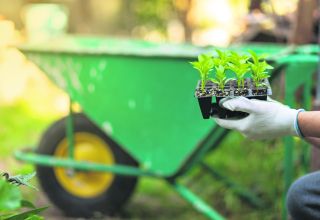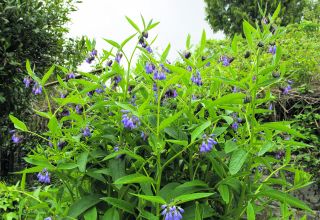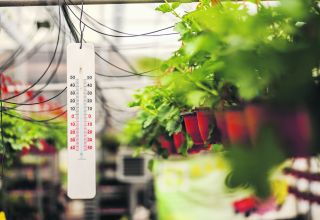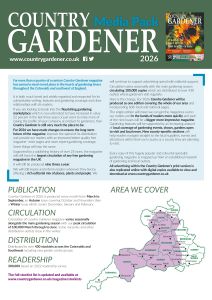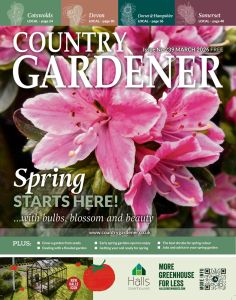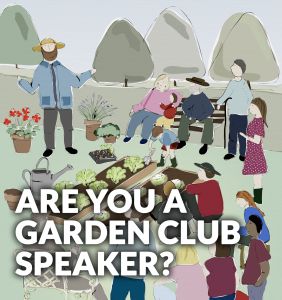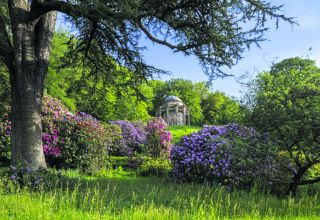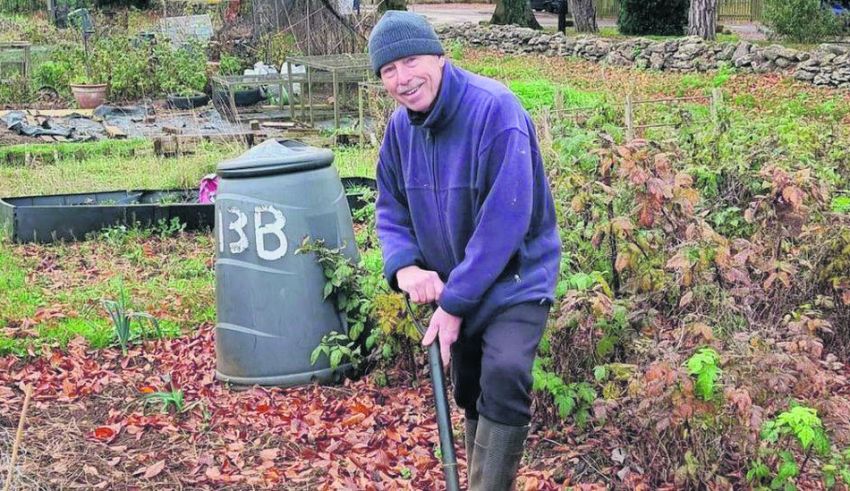
Huge waiting lists and more land being switched to housing developments threatens to change the future of plots for ever.
The drop in the number of allotments in the south west is about to have a catastrophic effect on communities throughout the area.
That is the view of new research for the Council For The Preservation of Rural England. While waiting lists for the gardening plots remains at an all-time high, the last 12 months has seen either a record number of allotments sites given over to housing developments or applications for change of use and it’s a trend which a number of organisations are saying is not only worrying but likely to increase.
The picture of availability of allotment plots continues to be mixed. Areas of West Sussex and Dorset are said to still have huge waiting lists. Brighton recently said it had 33,000 people on its waiting list.
Typically waiting lists are between two and seven years.
Most allotments in the west country belong to either town or parish councils. Under Section 23 of Small Holdings and Allotments Act 1908, a duty is placed upon local authorities to provide areas of land set aside for allotments, where they perceive there is a demand.
In Devon most allotments are managed by private allotment associations or the local town or parish council. There is a six-year waiting list for plots which hasn’t improved for a long while as there are very few new allotments being made available.
A number of high-profile disputes in the area highlight the problems for allotment holders- and exactly what the allotments can mean to improve the community.
Existing allotment holders on the outskirts of Bath say it will be an ‘absolute disaster’ for the community if their allotment site owner goes ahead with his threat to terminate the lease on a long-standing allotment plot.
The Combe Down Allotment opened in 1894 but the current landowner has given notice to the Bath and North East Somerset Council of his intention to end the lease next year.
Campaigners want the council to issue a compulsory purchase order and for the allotment plots to become an Asset of Community Value which would allow them to buy the site. A spokesman for the allotment associations said the history of the site was one that allowed miners to grow their own fruit and vegetables in times of hardship and that there was still an element of the plots providing much needed food. It was an important community benefit, he said and if allowed to disappear would be a major loss,
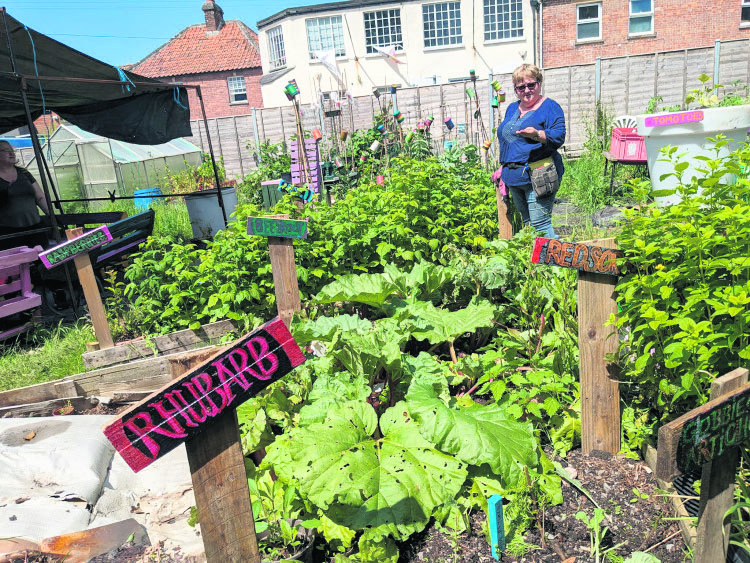
One Somerset allotment shows the other side of the story – how plots provide not only food but strength to the community and health benefits.
It is not just an allotment – for some the Growing Happiness project in Glastonbury is a lifesaver, a glimmer of hope. Every week more than 100 men, women and children go to the allotment to garden, meet one another, grow vegetables, paint and generally get out in the open for the sake of their health.
The young people do all sorts of activities and more than half of what they grow supports local food banks and those in need. It is a wonderful project, out in the open air, growing food, helping people and the environment and it is important for Glastonbury.
But now the project, in the old kitchen gardens at Glastonbury Abbey House, has to find a new space or face closure as early as this September. The organisers are making an urgent appeal to the local community to help them find a new space.
It would be a huge loss to Glastonbury; it is a joy to see so many people using the allotment, coming together and generally improving their mental health and wellbeing. That is why Growing Happiness, run by the award-winning The Volunteer Network in Glastonbury, is so important.
Set up to help people post-Covid who may be struggling with mental or physical health or facing loneliness, it is a vital connection for some people and without it they will face further struggles.
Growing Happiness was set up to create a space for local people to come to the allotment, grow vegetables, chat and generally be part of something. Every Tuesday there is a women’s gardening group in the morning, mums and toddlers and a meet up session for remote workers in the afternoon. On Wednesdays it is the men who get together as well as young people and there are arts and crafts sessions in the afternoon.
It has proved so popular in the town and now more and more people are using it. The allotment space was given for free by Glastonbury Abbey to The Volunteer Network, but they now need it back as part of a pre-arranged agreement.

